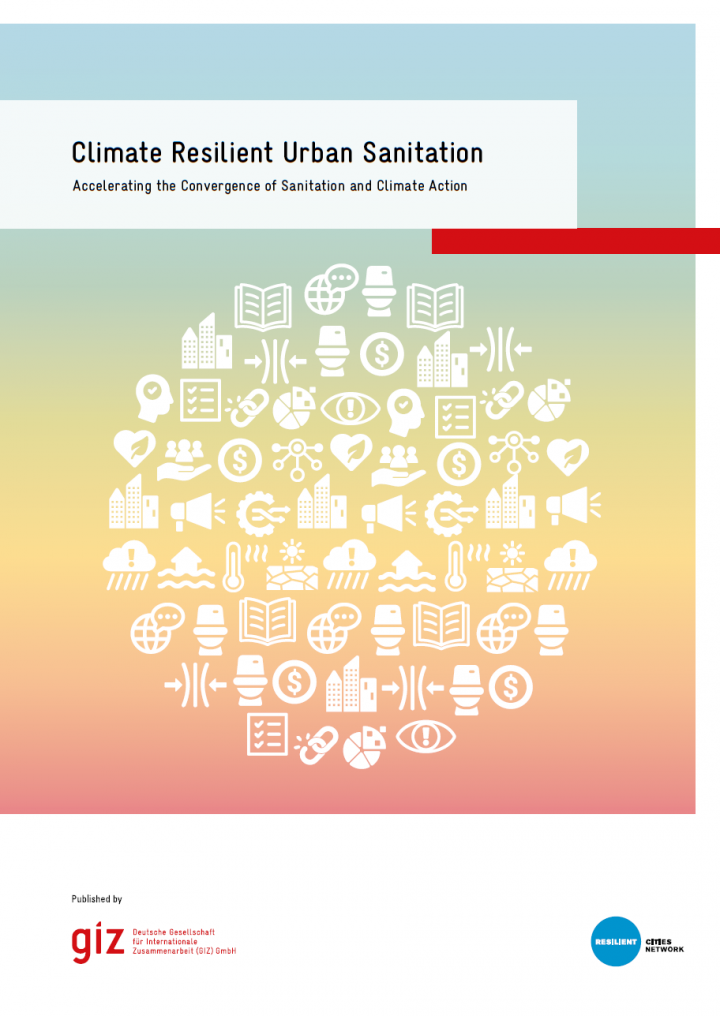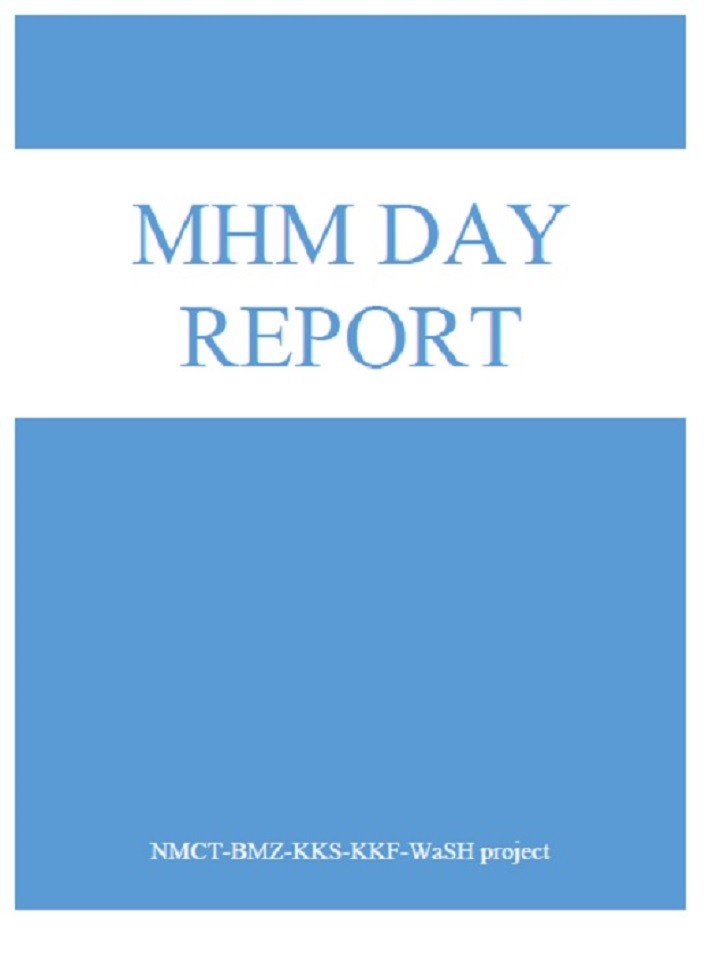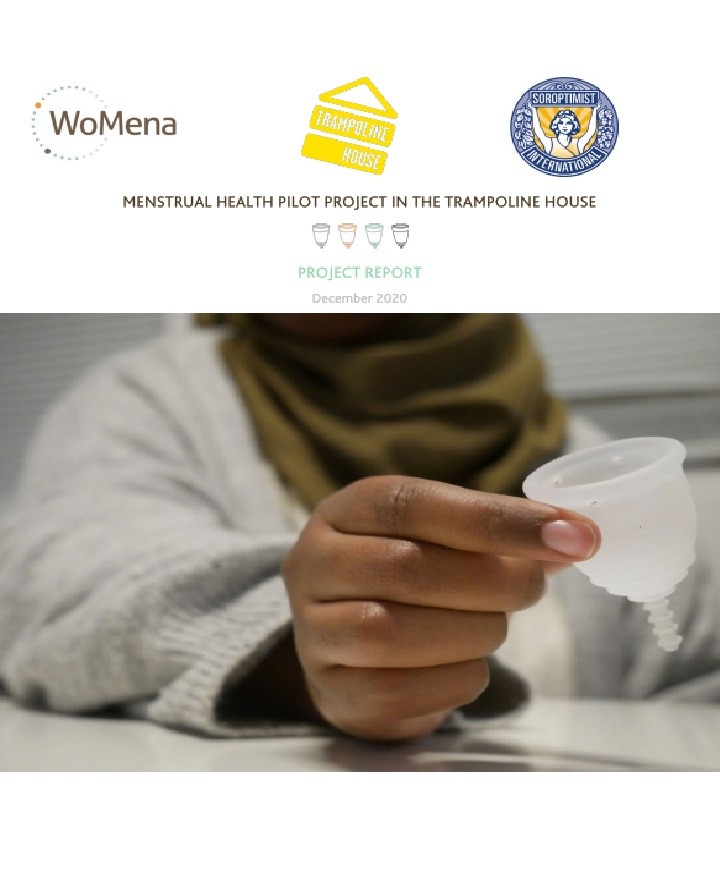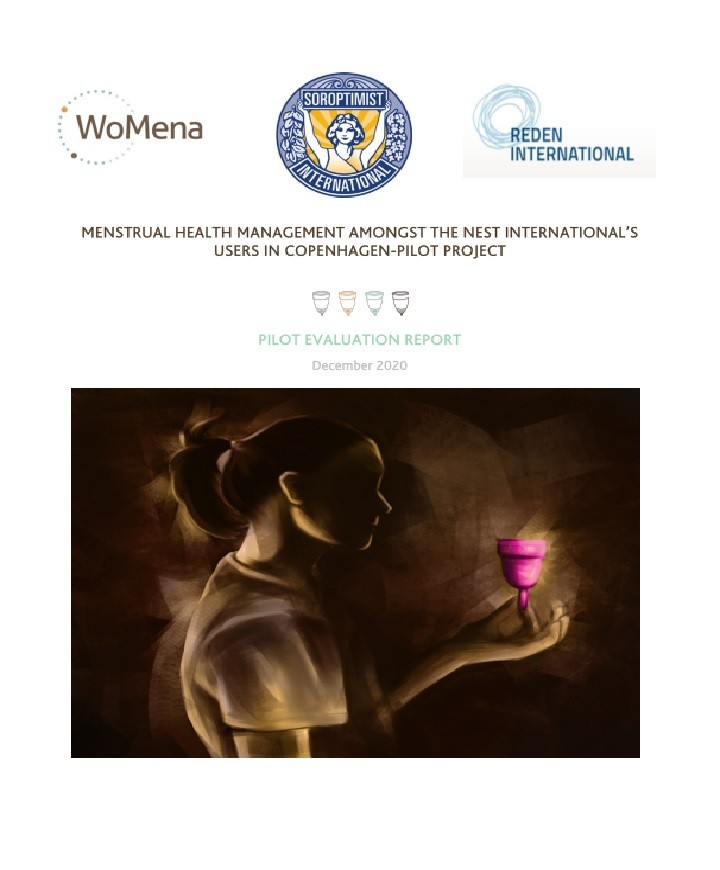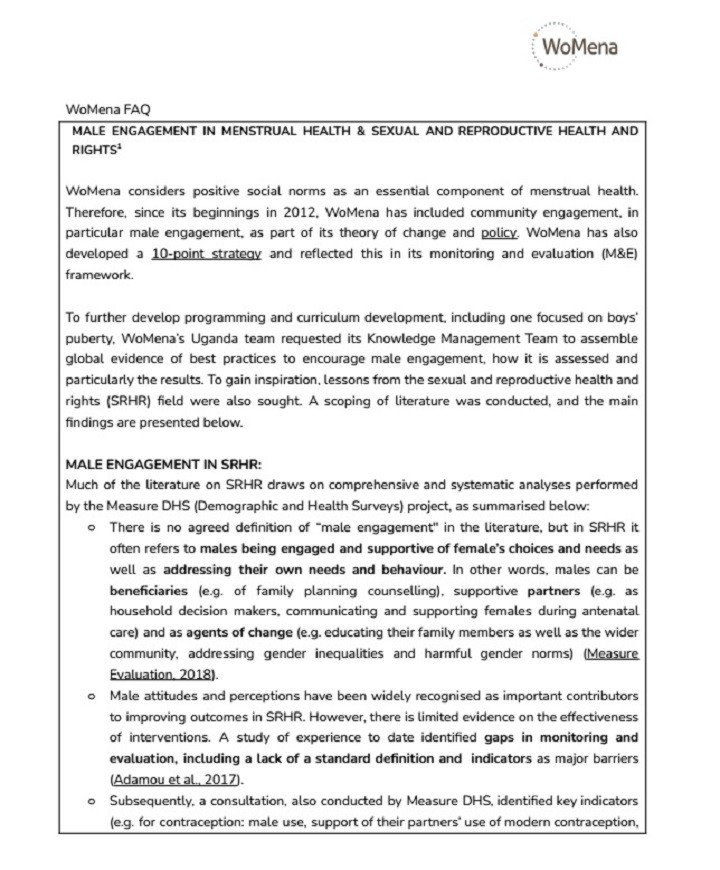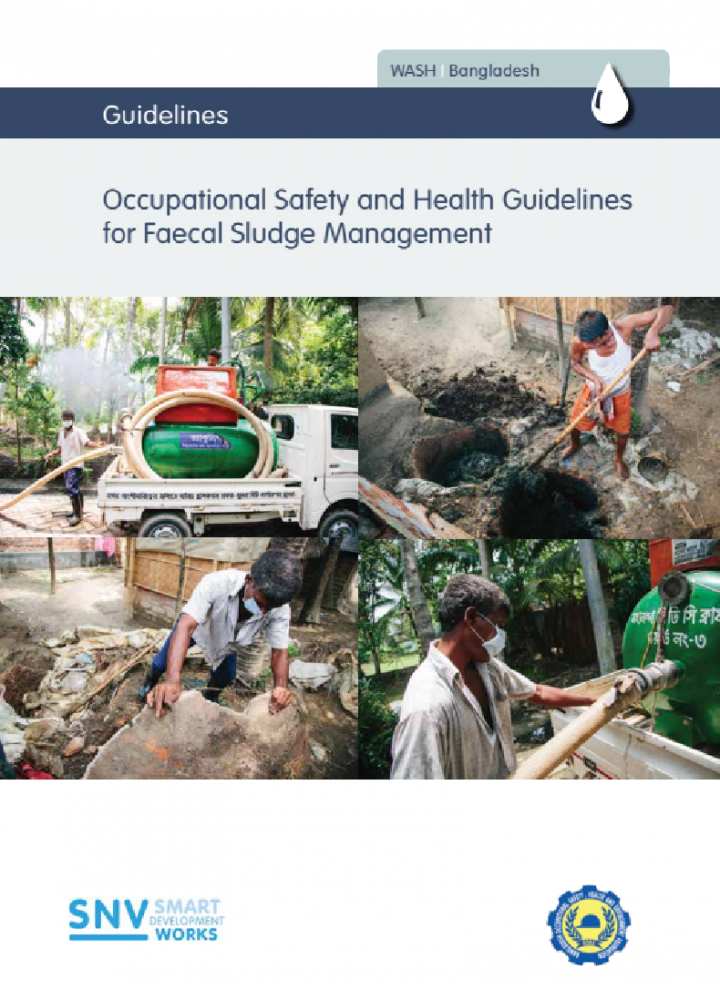Searching for information on Sanitation Workers?
The Sanitation Workers Knowledge + Learning Hub is the best source for all current news, trends, articles and updates on sanitation workers rights around the world.
A practical guide for the Global Sanitation Fund (GSF) supported programme teams and Community Led Total Sanitation (CLTS) facilitators on how to collect information related to Equality and Non-Discrimination (EQND) at community level, and in particular to learn from people who may be disadvantaged. This guide provides insights into the key ethics principles for information gathering and …
From 2014 to 2018 the Water Supply and Sanitation Collaborative Council (WSSCC) and UN Women implemented the Joint Programme on Gender, Hygiene and Sanitation. The objective of the programme was to support governments with the design of inclusive and evidence-based policies in the water and sanitation sector with special attention to the needs of women and girls. The programme used Menstrual …
The Equality and Non-discrimination (EQND) and Community-led Total Sanitation (CLTS) Handbook provides practical guidance for ensuring that behaviour change interventions leave no one behind. Drawing on experience from across the sector, this handbook is specifically targeted towards those implementing or supervising CLTS interventions at the community level. Key features include a summary of …
‘Do-no-harm’ means taking every precaution to ensure people will not be adversely impacted by the programme, including inadvertently. Whilst it is understood that ‘community problem, community solution’ should remain core to community-led approaches, facilitators also have an ethical obligation to step in if initiatives pose a risk to the rights, dignity or well-being of people who may be …
WSSCC's Global Sanitation Fund (GSF) Programme in Nepal was financed by WSSCC and implemented by UN Habitat Nepal. This evaluation brief seeks to provide a summative and a formative forward-looking analysis of the Programme. The analysis is framed around the Organisation for Economic Co-operation and Development's Development Assistance Committee (OECD DAC) evaluation criteria of relevance, …
In September 2019, the Government of Nepal declared the country ‘open defecation free’ (ODF). Leading up to this milestone, the Government of Nepal and other sector partners focused on the challenging Terai plains - the ‘last mile’ of Nepal’s Sanitation Campaign. This Case Study documents the key success factors from WSSCC's Global Sanitation Fund programme in Nepal, executed by …
Voices of youth, women, older persons, persons with disabilities, persons living with HIV, transgenders and LGBTIQ, sex workers, manual scavengers, Dalits, Adivasis, farmers, urban shanty dwellers, urban homeless, migrants and refugees. Leave No One behind is the core principle of the SDGs and the 2030 Agenda. A consultation was held in India in late 2019 involving 14 groups identified by Niti …
The 2019 Annual Report details the achievements and results of the Water Supply and Sanitation Collaborative Council (WSSCC), its members and partners at local, national, regional and global levels. This year has been one of progress and opportunity, as well as reflection and a strategic reset as we conclude our 2017-2020 Strategic Plan and look to the future. We have placed increasing emphasis …
For three decades the Water Supply and Sanitation Collaborative Council (WSSCC) has operated as a global, multi-stakeholder membership and partnership organization working with poor people, organizations, governments, and local entrepreneurs to improve sanitation and hygiene at scale. WSSCC has been committed to a world in which everyone, everywhere can practice safe sanitation and hygiene with …
For centuries society has seen that good hygiene and health conditions save and improve lives. Research and innovation continue to advance knowledge and approaches, but the importance of basic hygiene practices remains fundamental. This has been even more evident during the pandemic caused by the Coronavirus (COVID-19). The collaboration between Essity and Water Supply and Sanitation …
Sustainable Development Goal 6 for water and sanitation calls for the realization of safely managed services (SMSS) for everyone by 2030. While there has been significant research and implementation to improve the sanitation service chain in urban settings, little guidance is available on how to achieve and sustain SMSS in rural contexts. In 2019, WSSCC commissioned this study to examine to what …
This report explores the current situation of MHH in selected focus countries, reflecting on the recent progress made and the remaining challenges. The three in-depth country studies looked at progress at three levels: a) nationally; b) progress catalysed with the support of WSSCC funding (outside of the Global Sanitation Fund, GSF); and c) progress achieved through the GSF-supported programmes. …
Cities are incredibly vulnerable to climate change. Although sanitation is a critical urban system and service, it is not widely considered a climate change issue. While water has long been recognized as a central component of climate change adaptation, there is only sparse research and evidence on the impacts of climate change on sanitation infrastructure and services, and therefore limited …
There are several files in this library entry:
(1)
Poster presented at the 5th Biennial Partnership for Clean Indoor Air Forum, Lima, Peru, February 21 to 26, 2011
Summary:
- Simple pottery techniques can be used in fabrication of an insulating material molded to the appropriate shape (bricks).
- The composition of the stove material is 50/ 50 by volume of clay and a combustible material …
COVID-19 pandemic swept across India in April and May 2021, and preventing infection became of paramount importance. The health systems were overwhelmed. Over the past year, we have learnt great deal of how the disease spread. This necessitated expansion of the earlier preventive measures promoted in the early stages of the pandemic in 2020 such as wearing masks, social distancing and washing …
The Native Medicare Charitable Trust (NMCT), the Bundesministerium für wirtschaftliche Zusammenarbeit (BMZ), the Karl Kübel Foundation (KKF) and the Karl Kübel Stiftung (KKS) organized various programmes due to MHM day celebration. They created a theme for MHM day 2021, which was “Time to celebrate our Womenhood”. Based on the theme they conducted a competition as well as various types of …
In the Kunnakura Panchayat, Ernakulam district, Kerala, the authorities took several steps to arrest the spread of the pandemic and provide relief to those affected. Saji Sebastian, Executive Director, Socio-Economic Unit Foundation, said a 24-hour control room was set up in primary health centres (PHCs) to coordinate health activities, a steering committee including opposition members was set up …
Female asylum seekers and refugees face challenges in access to Sexual and Reproductive Health (SRH) care and face disproportionate outcomes. Menstrual Health Management (MHM) has also been noted as a concern, particularly relating to a lack of knowledge and access to appropriate management methods. Implications for poor MHM are wide reaching, but there is little data relating to MHM and female …
Foreign sex workers in Denmark are triply marginalised - due to their profession, legal status, as well as in matters related to menstruation. This pilot project aimed to assess the acceptability of the menstrual cup (MC) as well as education in menstrual health management (MHM) amongst 26 women from this group using the 'Nest International’' centre, who volunteered to be part of the project. …
WoMena considers positive social norms as an essential component of menstrual health. Therefore, since its beginnings in 2012, WoMena has included community engagement, in particular male engagement, as part of its theory of change and policy. WoMena has also developed a 10-point strategy and reflected this in its monitoring and evaluation (M&E) framework.
Much of the literature on SRHR draws …
Demonstration of Pro-poor Market-based Solutions for Faecal Sludge Management in Urban Areas of Southern Bangladesh is a project implemented by SNV Netherlands Development Organisation in partnership with Khulna City Corporation, Jhenaidah and Kushtia Paurashavas. Improvement of working conditions in sludge emptying and transportation is identified as a major area of action under the project. In …













